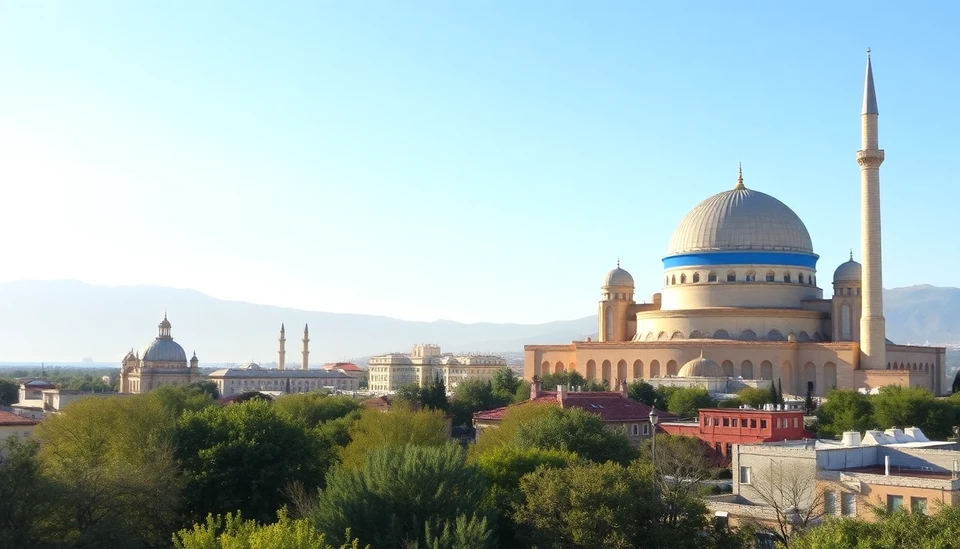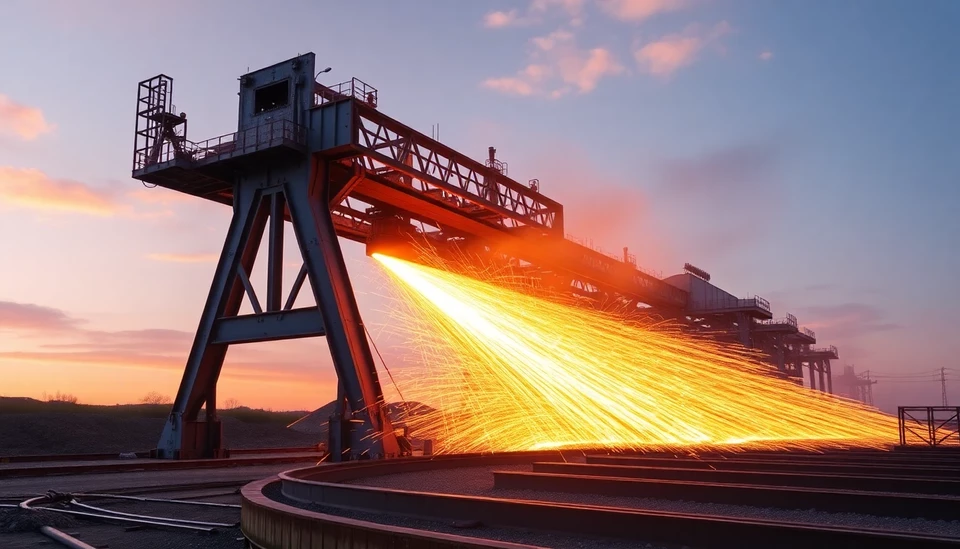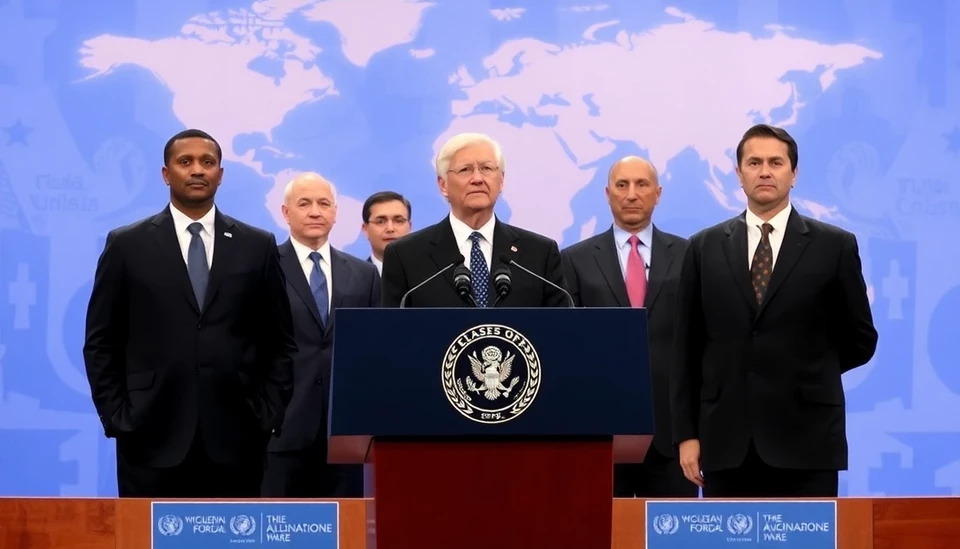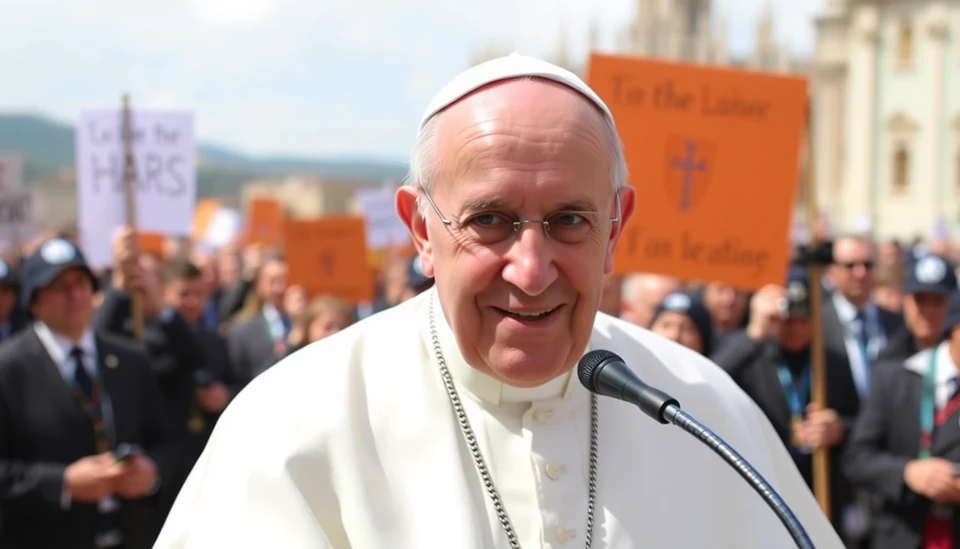
The recent concluding discussions at COP29 in Baku, Azerbaijan, have set in motion a series of significant developments concerning global climate policy. Delegates from nearly 200 nations convened to finalize agreements aimed at addressing the pressing issues of climate change, focusing primarily on emissions reduction and financial commitments.
One of the most notable achievements from this year's summit was the establishment of a framework that pushes for enhanced emissions reductions among large economies, encouraging them to adopt more ambitious targets ahead of future conferences. The agreement has garnered mixed reactions, with some climate advocates expressing cautious optimism, while others criticize the lack of stringent measures to hold countries accountable.
This year's conference also saw the continuation of crucial discussions on the loss and damage fund, which seeks to support vulnerable countries disproportionately affected by climate change. Progress was made in solidifying the financial commitments from wealthier nations, though advocates assert that concrete action is needed to ensure the timely disbursement of funds.
Furthermore, the Baku conference underscored the increasing role of technological advancement and sustainable energy as cornerstones of climate action. Innovative partnerships between public and private sectors are being encouraged to facilitate the transition towards cleaner energy sources, aiming to foster a more unified global approach to sustainable practices.
As attention shifts towards COP30, scheduled to take place in Belem, Brazil, leaders are urged to build upon the foundations laid in Baku. The Brazilian city is expected to host a broader agenda focused on preserving tropical forests and enhancing biodiversity, recognizing their integral role in mitigating climate change effects. Organizers hope to attract substantial investments directed towards conservation initiatives, which would be pivotal in achieving the Set of Goals outlined in the Paris Agreement.
With the momentum from COP29 still palpable, stakeholders are eager to see how the newly established agreements will influence actions taken leading up to COP30. Environmental activists and policymakers alike are advocating for transparency and accountability to ensure commitments translate into tangible progress, as the window for meaningful climate action narrows.
In conclusion, Baku's COP29 has set a complex stage for Belem’s COP30, as the world grapples with urgent climate challenges. As nations work to fulfill their pledges, the next conference will be critical in determining whether global efforts can successfully mitigate the adverse impacts of climate change.
#ClimateAction #COP29 #BakuClimateSummit #COP30 #ClimatePolicy #SustainableDevelopment #GlobalWarming #EcoFriendly
Author: Sophie Bennett




